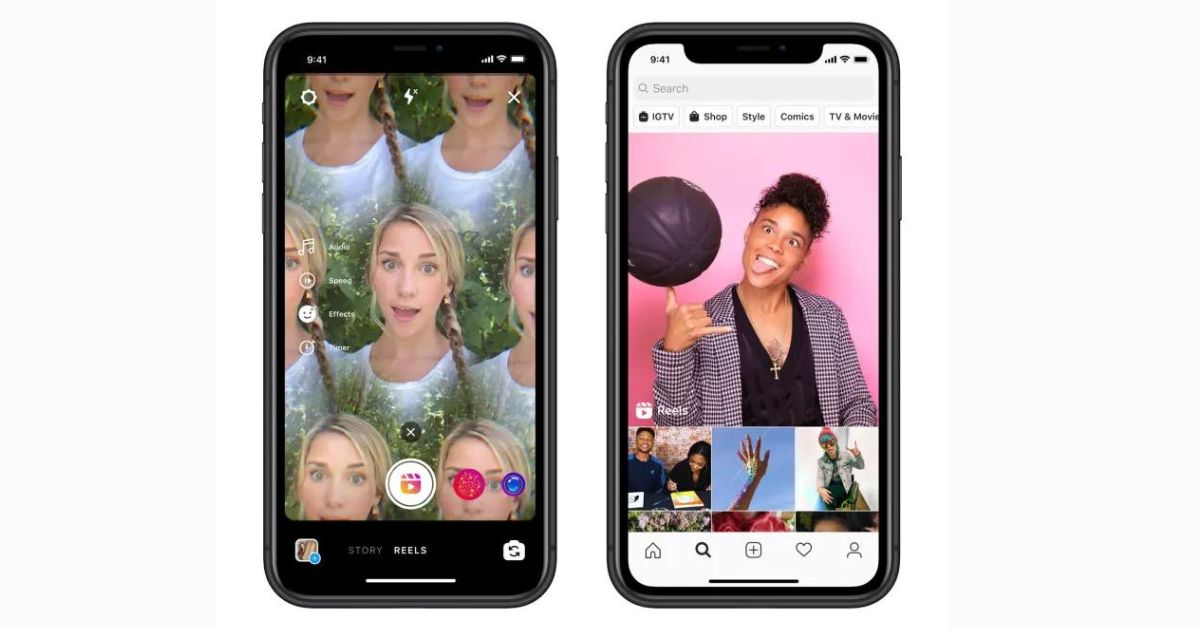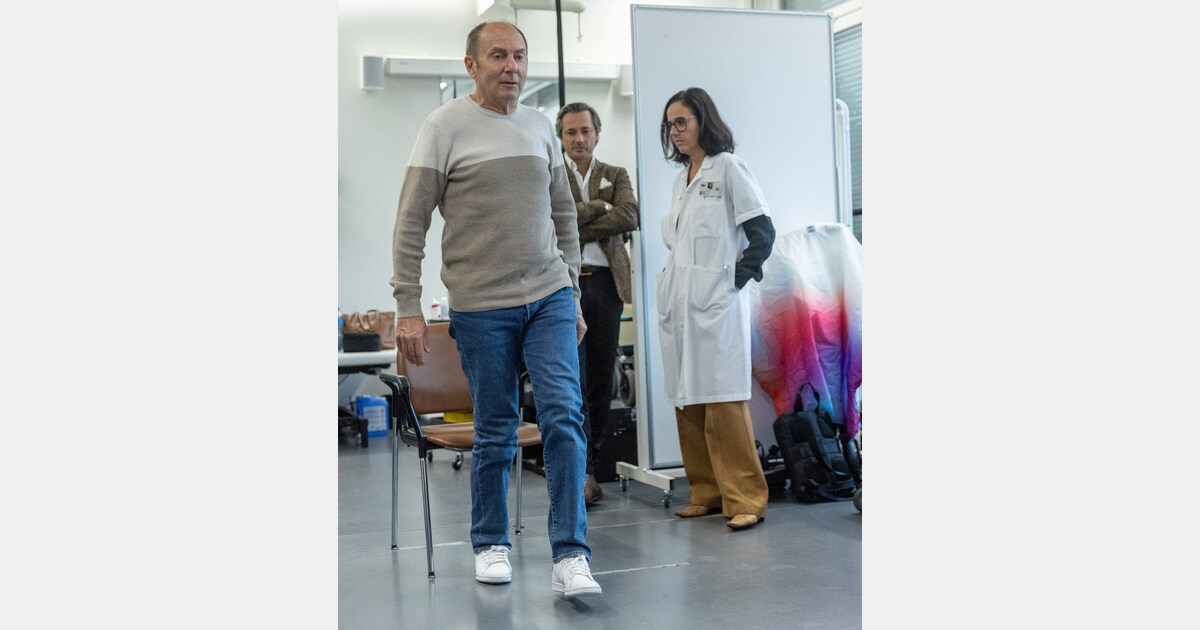The trifecta of pop-ups, spyware, and phishing attacks looms large. This concise guide unveils the four words you should never click on. Let’s find out what they are!
In a recent report, a cybersecurity expert affiliated with McAfee, renowned as the brainchild of the eccentric businessman John McAfee, has disclosed crucial information on safeguarding personal data and financial security.
These insights serve as a potent shield against the lurking threat of spyware that can potentially infiltrate computers and smartphones, leading to financial havoc.
4 Words You Should Never Click On, Says Cybersecurity Expert
Emphasizing the importance of vigilance, the unnamed McAfee representative emphasized that users should refrain from downloading files from unverified sources, with a specific warning against the use of file-sharing programs like torrents, which are notorious for their susceptibility to spyware.
The age-old menace of pop-up windows has not lost its potency either. The expert cautioned against responding to pop-up prompts, discouraging users from clicking on options like ‘Agree,’ ‘OK,’ ‘No,’ or ‘Yes,’ as such actions can unwittingly trigger the automatic download of malicious spyware.
This surreptitious software has the potential to pilfer sensitive personal and financial information, including usernames, passwords, and credit card details, posing a grave threat to one’s identity and financial security.
The McAfee source stressed the importance of promptly closing out of web browsers to mitigate potential threats. On PC, they recommended using the task manager to forcefully end browser tabs, while on Mac, users can access the ‘force quit’ option from the dropdown menu.
Additionally, the expert advised users to regularly update their device’s operating system, as these updates frequently contain fixes for known vulnerabilities that cybercriminals exploit. Keeping the web browser updated with the latest and most secure version is also essential in fortifying one’s online defenses.
However, the digital realm is not the only battleground. The expert also pointed out the escalating risk of AI-driven personalized phishing scams. Lisa Palmer, an AI strategist from AI Leaders, highlighted the potential for cybercriminals to create highly personalized campaigns targeting thousands of victims simultaneously, with minimal effort. This includes the use of phony deepfake videos and audio, which are becoming more accessible tools for cybercriminals.
The report also touched upon the impact of ransomware attacks on both individuals and major organizations. High-profile entities like Clorox and prominent Las Vegas casinos have fallen victim to debilitating cyberattacks. These incidents underscore the growing menace of cybercriminal rings, which are increasingly challenging to apprehend and bring to justice.
In light of these revelations, it is evident that cybersecurity remains a critical concern in the digital age. Implementing these expert recommendations, along with the exercise of caution and prudence, is paramount to safeguarding personal and financial information from cyber threats.








Leave a Reply
You must be logged in to post a comment.